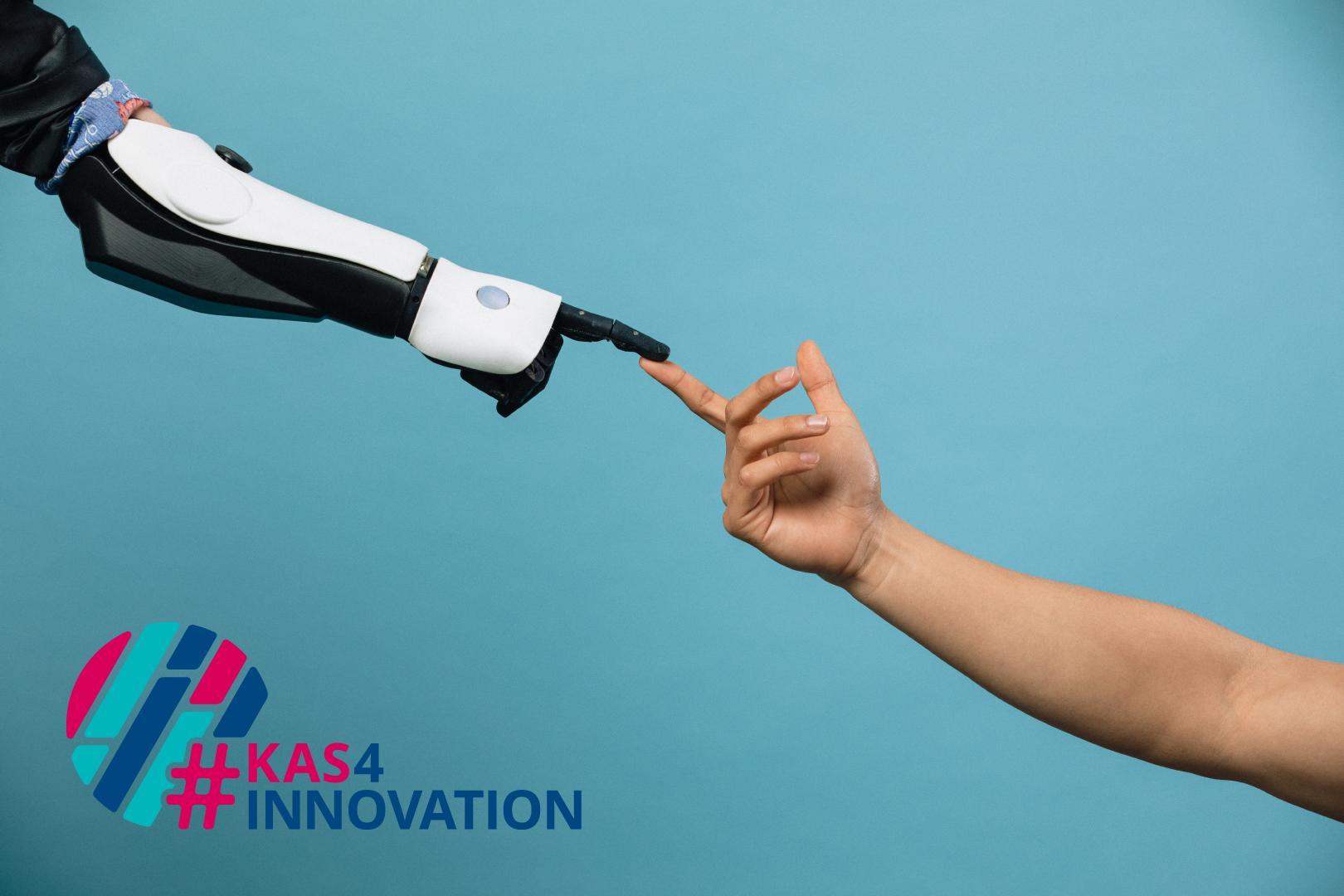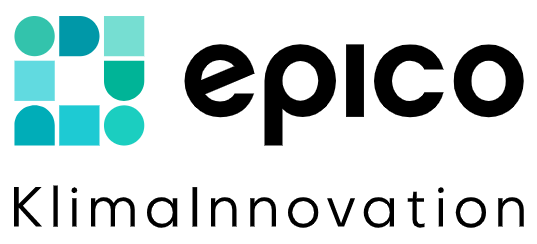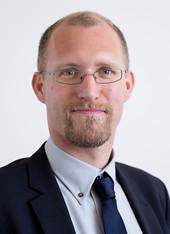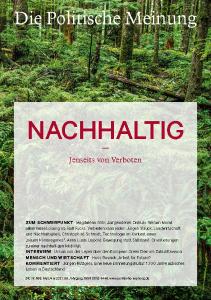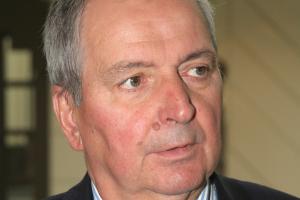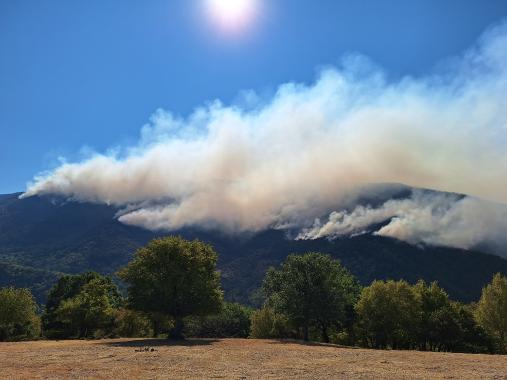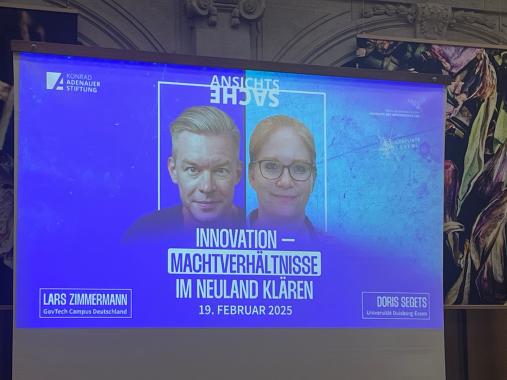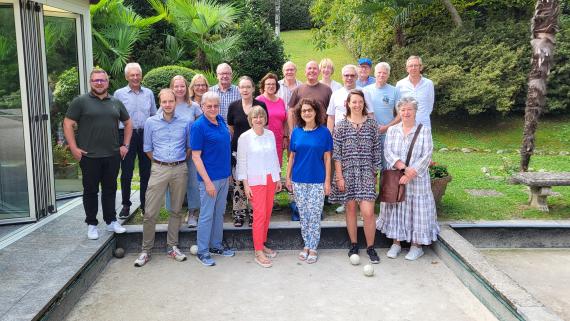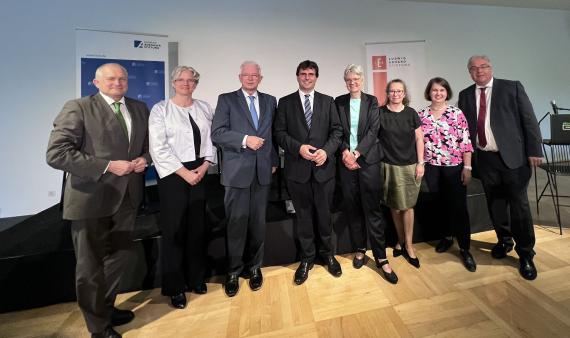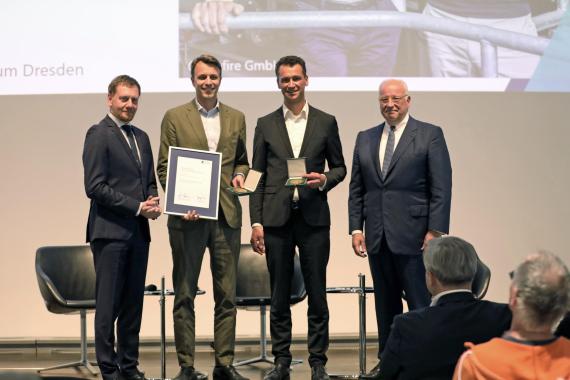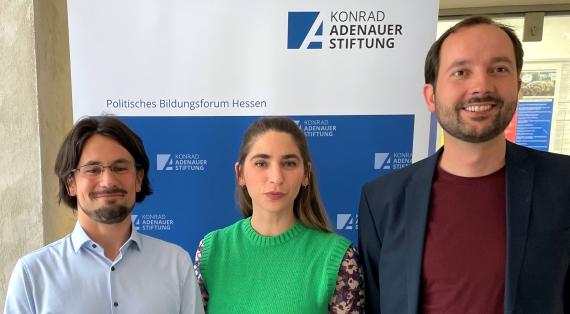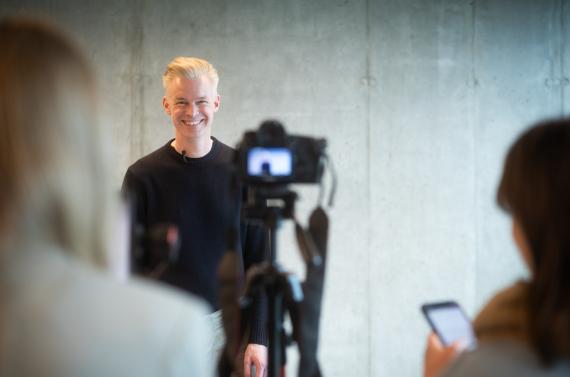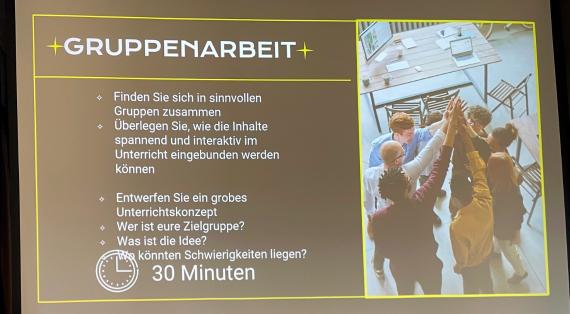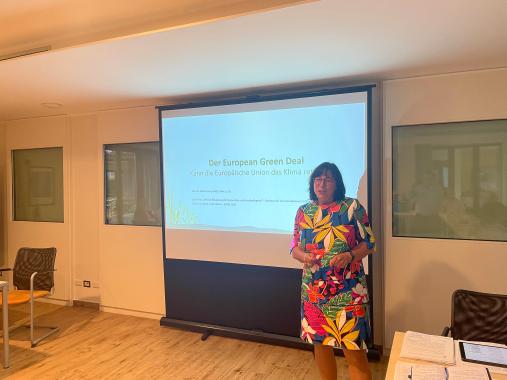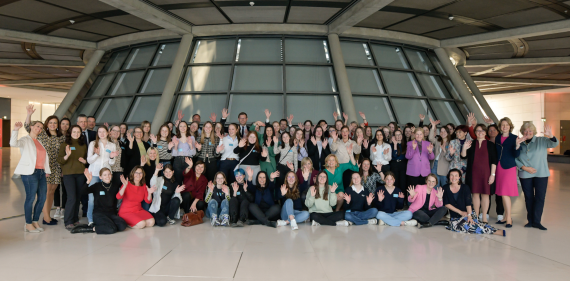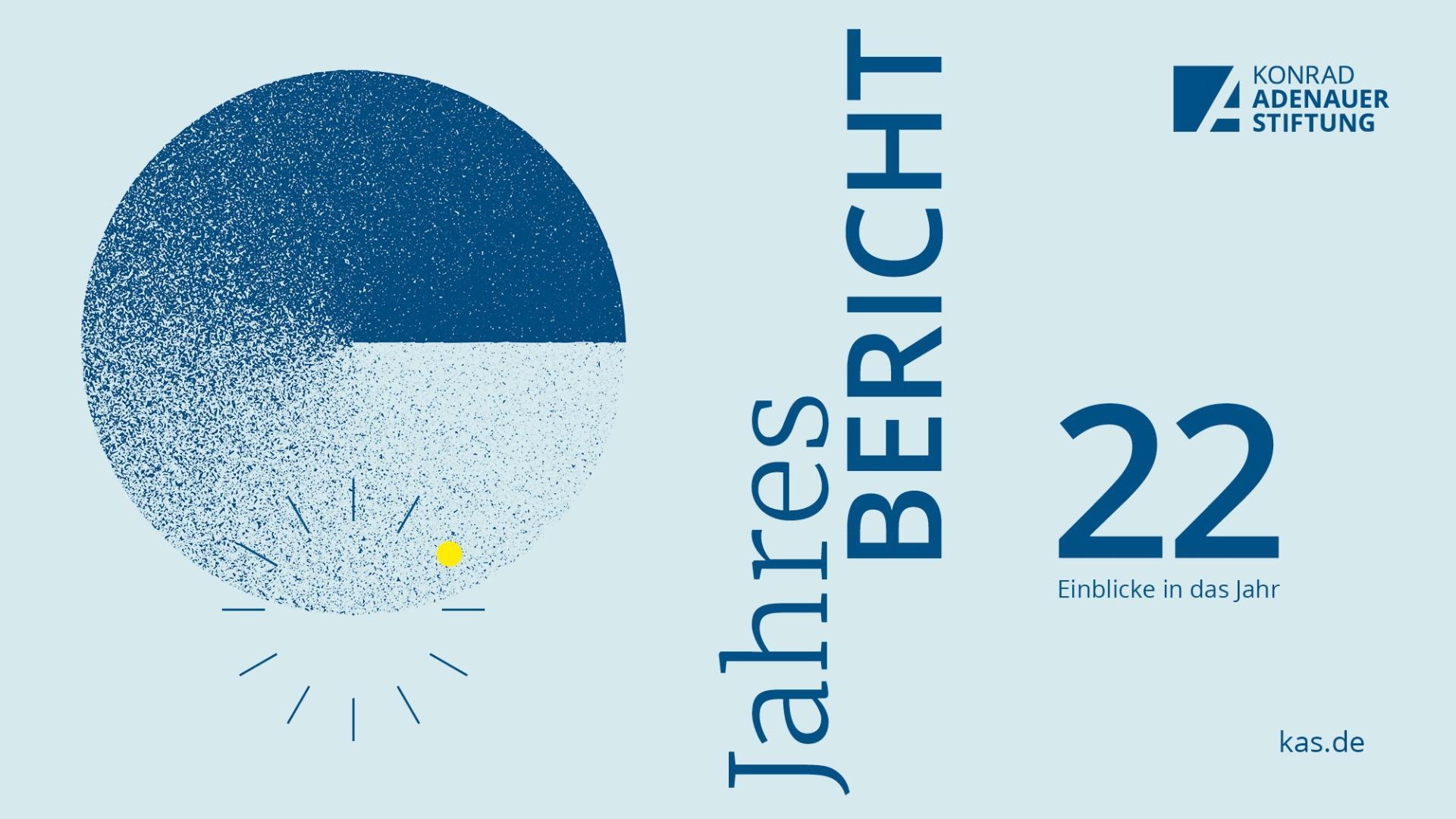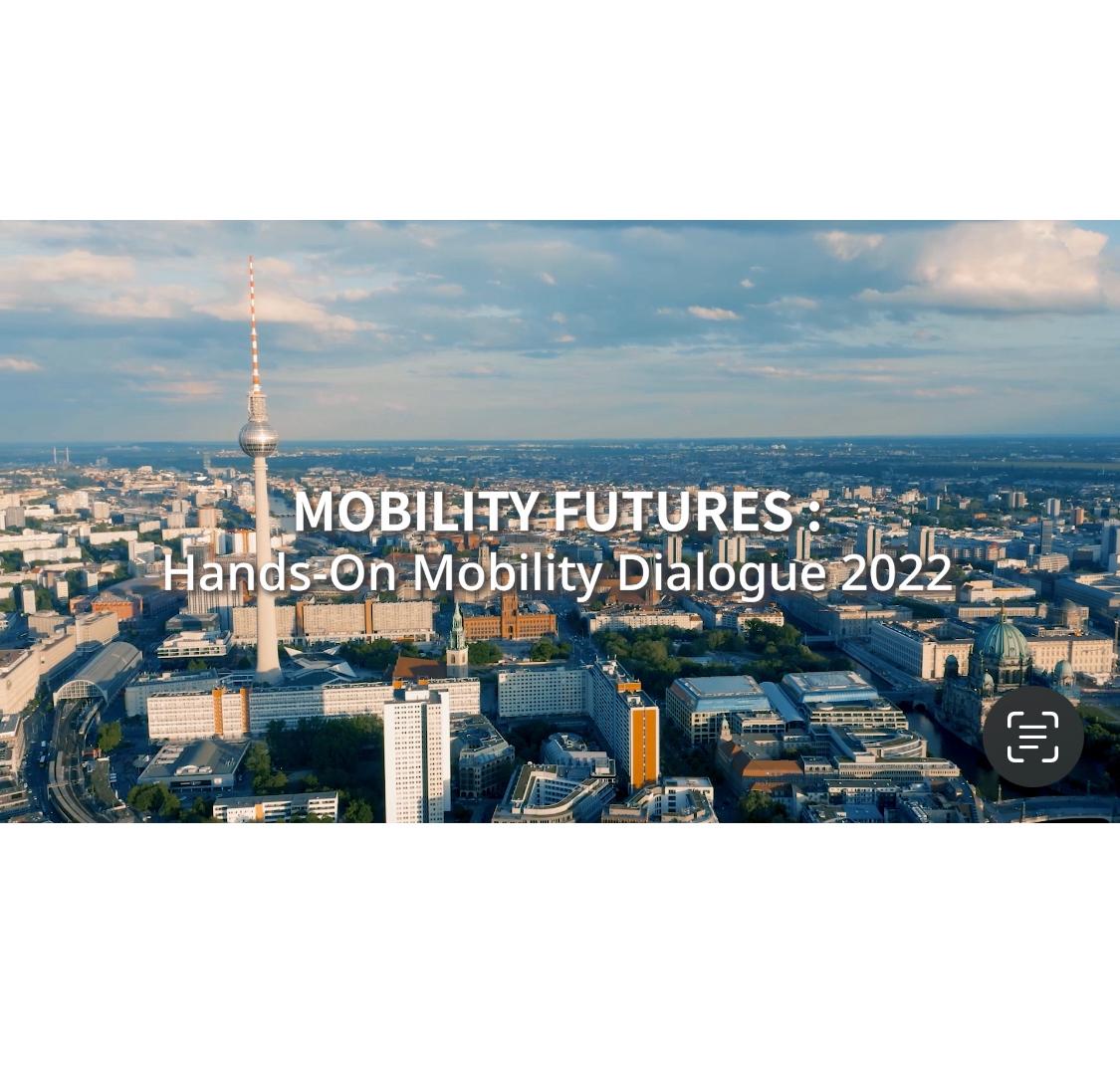Ideas are always children of necessity.
At a glance
- We are the Konrad-Adenauer-Stiftung are aware that: Sustainable management calls for focussing all efforts on halting man-made climate change.
- Global examples such as climate change demonstrate the difficulty of implementing sustainable management when many stakeholders are involved whose starting positions and interests differ greatly.
- We are convinced that people and governments will not be motivated to act sustainably through renunciation and asceticism alone. Innovations are necessary in order to achieve climate targets.
- Incentives and fair framework conditions are important at international level. They must function according to the polluter pays principle in line with the fundamental concept of the the social market economy.
- European innovations could be pioneers in implementing the best incentives and framework conditions, exporting them and thus contributing towards greater global sustainability. We support this goal with our work.
Content
1. The interests of global players make sustainable business more difficult
2. Sustainable innovation is more than just technology
3. Framework conditions based on the polluter-pays principle
4. European innovations as pioneers
5. Our offers and projects on the topic
6. Publications, events and media contributions on the topic
Innovations are not an end in themselves. They are most valuable when serving humanity. A prime example is innovations for sustainability. This is why the Konrad-Adenauer-Stiftung has evolved its core theme of “Innovation” to focus on “Sustainability Needs Innovation.”
The interests of global players make sustainable business more difficult
Defining sustainability broadly as a practice that does not compromise the future and its inhabitants, it encompasses ecological, social, and economic dimensions. Sustainable business practices require efforts to halt man-made climate change and avoid burdening future generations with our current consumption, both ecologically and financially. The concept, originally from forestry, stresses the importance of not endangering the regenerative capacity of natural resources through excessive use.
The challenge of sustainable business becomes even more complex at the global level, as seen in the case of climate change. Unlike sustainable forest use, where the number of actors can be limited and motivated to act sustainably, reducing emissions involves a multitude of states, companies, organizations, and individuals with diverse starting points and levels of prosperity.
Sustainable innovation is more than just technology
While focusing on Germany and Europe, it becomes apparent that people cannot be motivated to act sustainably by austerity and asceticism alone. Innovations are necessary to achieve climate goals. New technologies already significantly contribute to reducing emissions, adapting to climate change effects, and unlocking “negative emissions.” This includes not only environmental innovations but also applications of artificial intelligence with positive sustainability impacts.
However, innovation encompasses more than just technology. New organizational forms and behaviors are also crucial. Hence, promoting innovations as a pathway to sustainability is not merely a belief in technology; actual behavioral changes are necessary. The motto is not less, but different. Innovations must be directed towards sustainability, and not every innovation necessarily serves this purpose. Our “Sustainability Navigator” has been showcasing examples of the right kind of innovations, which will now be integrated into our core theme “Innovation Needs Sustainability.”
Framework conditions based on the polluter-pays principle: social market economy leads the way
Especially for a global phenomenon like climate change, the framework conditions that incentivize sustainable economic activities and innovations are crucial. These conditions must operate based on the polluter-pays principle, as exemplified by the regulatory framework of the Social Market Economy. An essential aspect of this concept is that social costs must be factored into the price of goods (internalization of external effects). In terms of ecological, economic, and innovation efficiency, taxes on emissions and certificate solutions are more effective than outright bans or prohibitions, as they set technology-neutral incentives. This approach is the best and fastest way to achieve our climate goals, although implementation on a global scale can be challenging. Both mandates and prohibitions will be necessary, but sustainability is too important to be pursued without the Social Market Economy.
European innovations as pioneers
Even though the emissions share of Germany and Europe may seem small, we can lead by implementing the best framework conditions and incentives. Innovations developed under these conditions can be exported, exerting a sustainable impact beyond our borders and enhancing the competitiveness of our economy. Sustainability is increasingly becoming a factor in location decisions. However, we must avoid arrogance: many countries are working on the right rules and are committed to sustainable economic practices. Mutual recognition often proves to be a better approach than uniform standards for all.
Our offers and projects on the topic
Publication, video and website projects
The Konrad-Adenauer-Stiftung has already developed and implemented numerous projects and campaigns on its priority topic “Sustainability needs innovation”, a selection of which we would like to present to you here. In addition, our publication series “Monitor Nachhaltigkeit” (Sustainability Monitor) contains articles on various (also innovation-related) aspects of sustainability at irregular intervals.
Sustainability Monitor
With the publication series “Sustainability Monitor,” we address current sustainability issues from the perspective of the Konrad-Adenauer-Stiftung, mostly on an occasion-related basis, to make them accessible to an interested public in politics, science, and civil society, and to contribute to the positioning of the foundation on this important cross-sectional and future issue.
Quantum Computing and Its Importance for Our Society
Quantum computing has enormous potential. Whether economically or in a societal context, quantum computers represent a very significant future technology. Our publications on quantum computing in the context of digitalization explain the fundamentals and applications, explore the potential, and provide insight into the current state of research.
Cooperation
To promote a market- and innovation-oriented strategy for climate neutrality, the Konrad-Adenauer-Stiftung cooperates with EPICO KlimaInnovation – a think tank and network for sustainable, market-based and innovation-oriented climate and energy policy..
Cooperation with EPICO Climate Innovation
The Konrad-Adenauer-Stiftung entered into a cooperation with EPICO KlimaInnovation in 2021. The network aims to advocate for sustainable, market-based, and innovation-oriented climate and energy policies and develop strategies for climate neutrality from the center of society and contribute to their implementation. The focus of the cooperation is the “Policy Accelerator for Climate Innovation,” a project that has developed clear recommendations for action on key energy policy issues and target images for achieving climate neutrality through an agile design thinking process.



